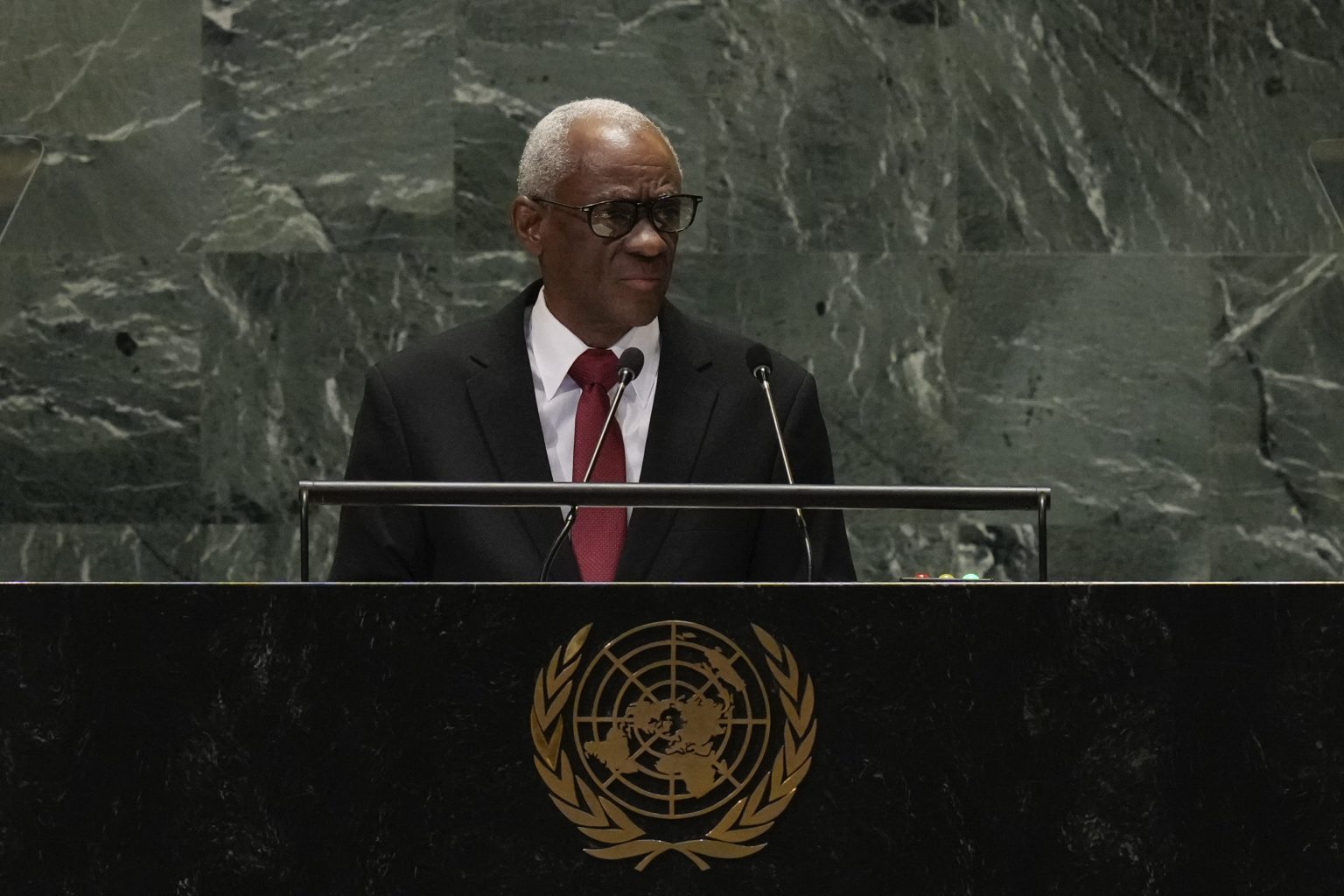The United Nations Security Council unanimously voted to extend the mandate of a Kenya-led mission combating gang violence in Haiti that began escalating after the assassination of President Jovenel Moïse in 2021. The violence has led to paramilitaries controlling a large portion of the capital city, Port-au-Prince, prompting the formation of local vigilante groups. In response to a request from Haiti, the Security Council approved the Multinational Security Support Mission led by Kenya, with the aim to assist the Haitian National Police in restoring security and creating conditions for democratic elections.
The mission was granted temporary executive policing authority, including arrest and detention powers. A resolution was adopted to extend the mission until October 2, 2025, encouraging accelerated deployment and additional voluntary contributions for the mission to combat gang violence. U.S. Ambassador Linda Thomas-Greenfield emphasized the world’s support for Haiti in efforts to restore security and stability, despite the significant number of casualties and displaced persons due to ongoing gang violence. However, the decision to extend the mission sidesteps requests from Haiti’s leadership to explore transforming the force into a formal U.N. peacekeeping mission.
The draft for the mission’s extension resolution highlighted the exclusion of a paragraph acknowledging President Edgard Leblanc Fils’s call at the U.N. General Assembly to discuss transitioning to a U.N. peacekeeping force. This decision was influenced by China and Russia, citing past failures of past U.N. peacekeeping missions in Haiti as a reason for opposing further deployment. The mission, which currently includes around 400 Kenyan officers, falls short of the initially pledged 2,500 personnel from various countries. Financial resources also remain limited, raising concerns about the operation’s sustainability in the long term.
Despite the advocacy for more direct U.N. involvement in Haiti, both China and Russia voiced opposition to deploying a peacekeeping force. China’s deputy U.N. ambassador expressed skepticism about the conditions for deploying peacekeeping operations in Haiti and pointed to past failures of such missions in the country. President Leblanc acknowledged the efforts of the existing multinational force but highlighted the ongoing need to restore peace for Haitians who live in constant fear. Concerns about the mission’s operational capacity and long-term financial sustainability remain, prompting calls for additional contributions and support for the multinational force in combating gang violence.
In his address at the U.N. General Assembly, President Edgard Leblanc Fils emphasized the need for continued efforts in restoring peace in Haiti, noting the support for transitioning to a U.N. peacekeeping force. The extension of the Kenya-led mission was seen as a step towards addressing gang violence and restoring stability in the country, despite challenges in meeting the initial targets for personnel and financial resources. The decision to extend the mission focused on the immediate need for security and stability in Haiti, with further discussions required on the potential transition to a formal U.N. peacekeeping operation in the future. The international community’s support for Haiti’s efforts to combat gang violence and restore peace was highlighted as a key priority in the ongoing mission.








